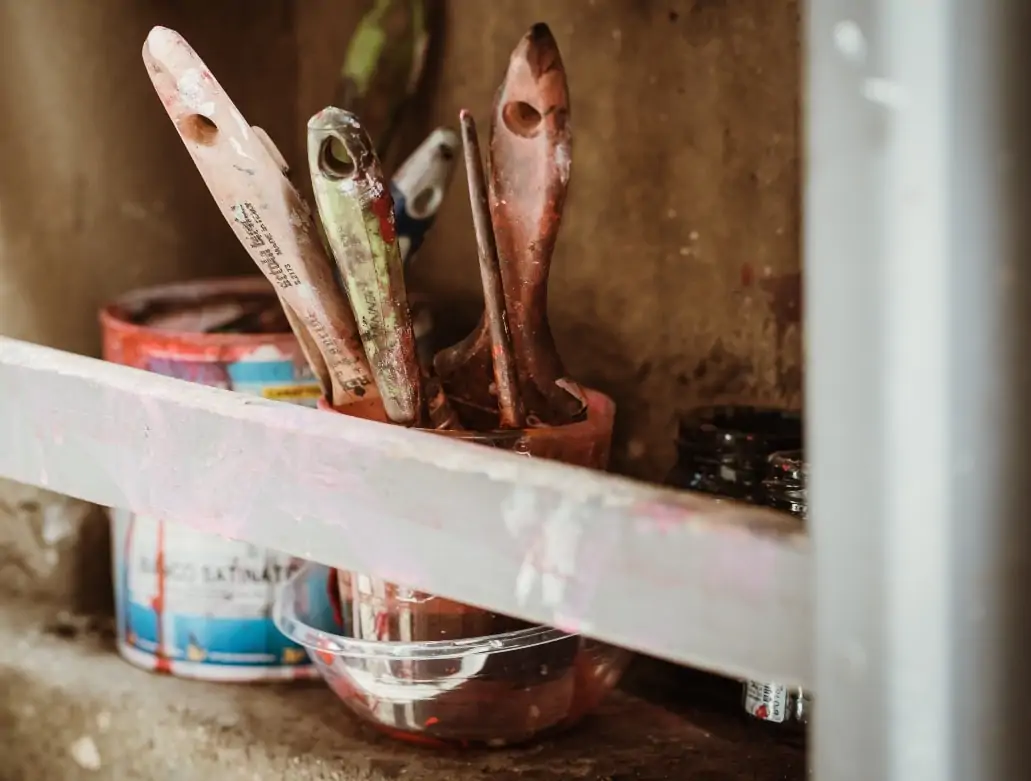As a painter, is the validity of my wudu/ghusl affected by the presence of varnish or paint on my hands?
Question Summary
As a painter, is the validity of my wudu/ghusl affected by the presence of varnish or paint on my hands?
Answer
In the Name of Allah, the Most Merciful and Compassionate
The Basic Ruling
It is obligatory in ghusl that water reaches every portion of the body possible without undue hardship. The same applies to every portion of the limbs of wudu. [Shurunbulali, Maraqi al -Falah]
Thus if something is on the skin that prevents the water from washing the skin below it, the wudu or ghusl is not valid unless removing that preventative entails undue hardship. [Tahtawi,Shurunbulali; Hashiyat Maraqi al-Falah]
The Dispensation
For this reason, a dispensation is given in the Hanafi school for those whose professions cause things to stick to their skin and prevent water from washing underneath. For example, the painter or the baker. [Ibn Nujaym, al-Bahr al-Raaiq citing from the Mudmarat]
Being their profession would entail undue hardship for the painter to remove every bit of paint before performing the wudu, likewise for the baker removing every bit of dough.
Moving Forward
Consider taking the following steps:
(1) Try your best to remove as much of the paint from your hands as possible without causing yourself undue hardship. Thereafter,
(2) try to time your painting and your prayers such that you limit the number of times you must wash your hands.
For example, if you start painting in the morning, consider delaying the Dhuhr prayer till near the end of its time. Then you can wash your hands pray Dhuhr, wait a bit, pray Asr and go back to work.
Hope this helps
Allah knows best
[Shaykh] Yusuf Weltch
Checked and Approved by Shaykh Faraz Rabbani
Shaykh Yusuf Weltch is a teacher of Arabic, Islamic law, and spirituality. After accepting Islam in 2008, he then completed four years at the Darul Uloom seminary in New York, where he studied Arabic and the traditional sciences. He then traveled to Tarim, Yemen, where he stayed for three years studying in Dar Al-Mustafa under some of the greatest scholars of our time, including Habib Umar Bin Hafiz, Habib Kadhim al-Saqqaf, and Shaykh Umar al-Khatib. In Tarim, Shaykh Yusuf completed the memorization of the Qur’an and studied beliefs, legal methodology, hadith methodology, Qur’anic exegesis, Islamic history, and several texts on spirituality. He joined the SeekersGuidance faculty in the summer of 2019.
